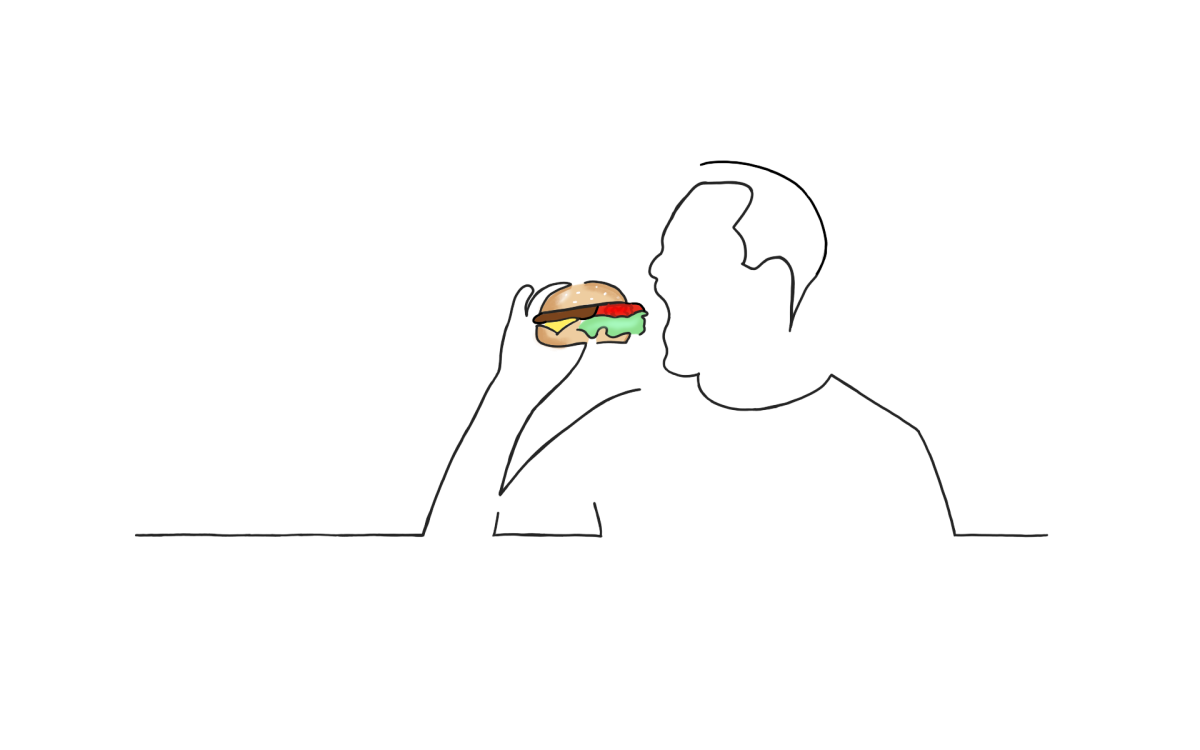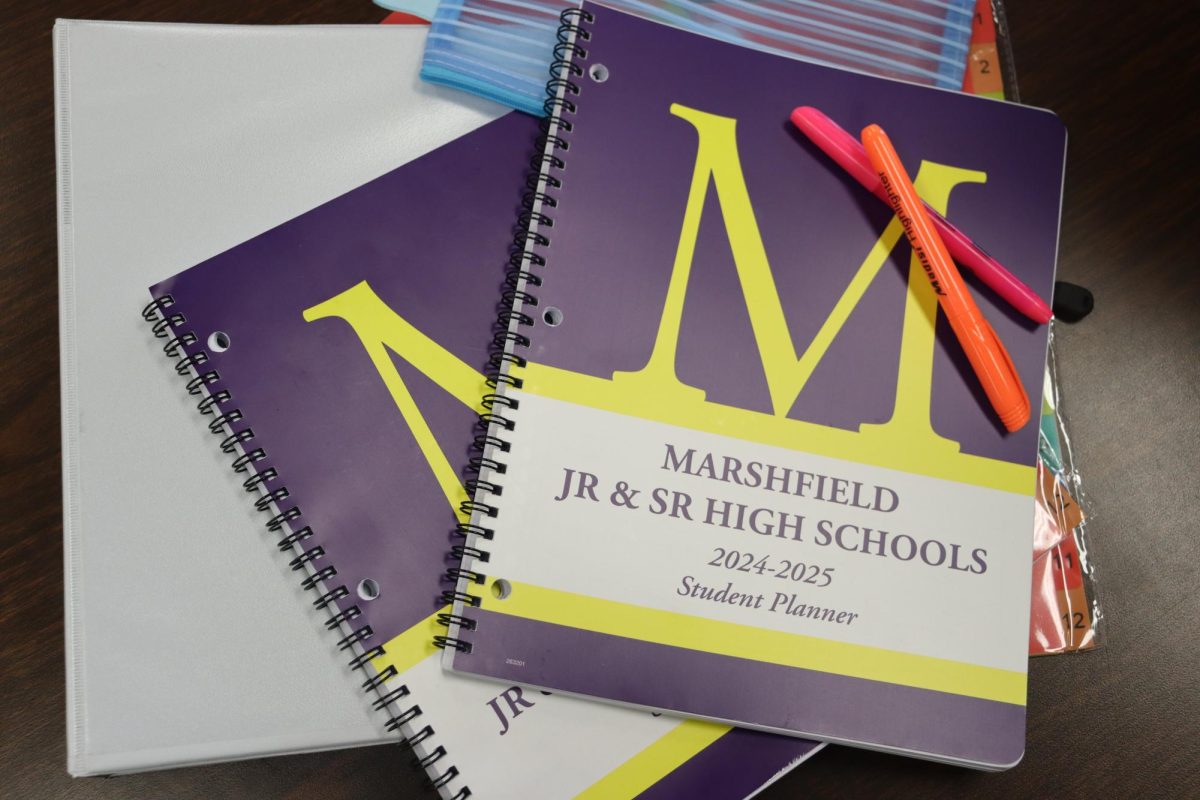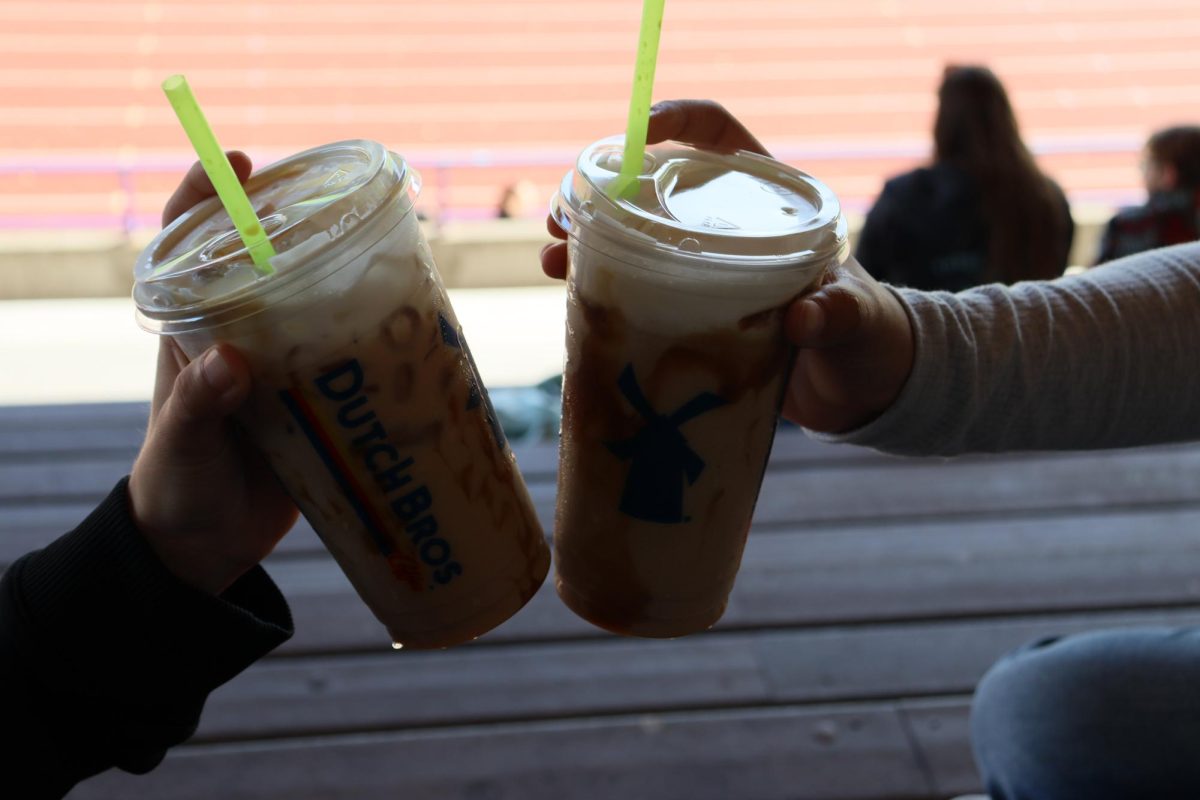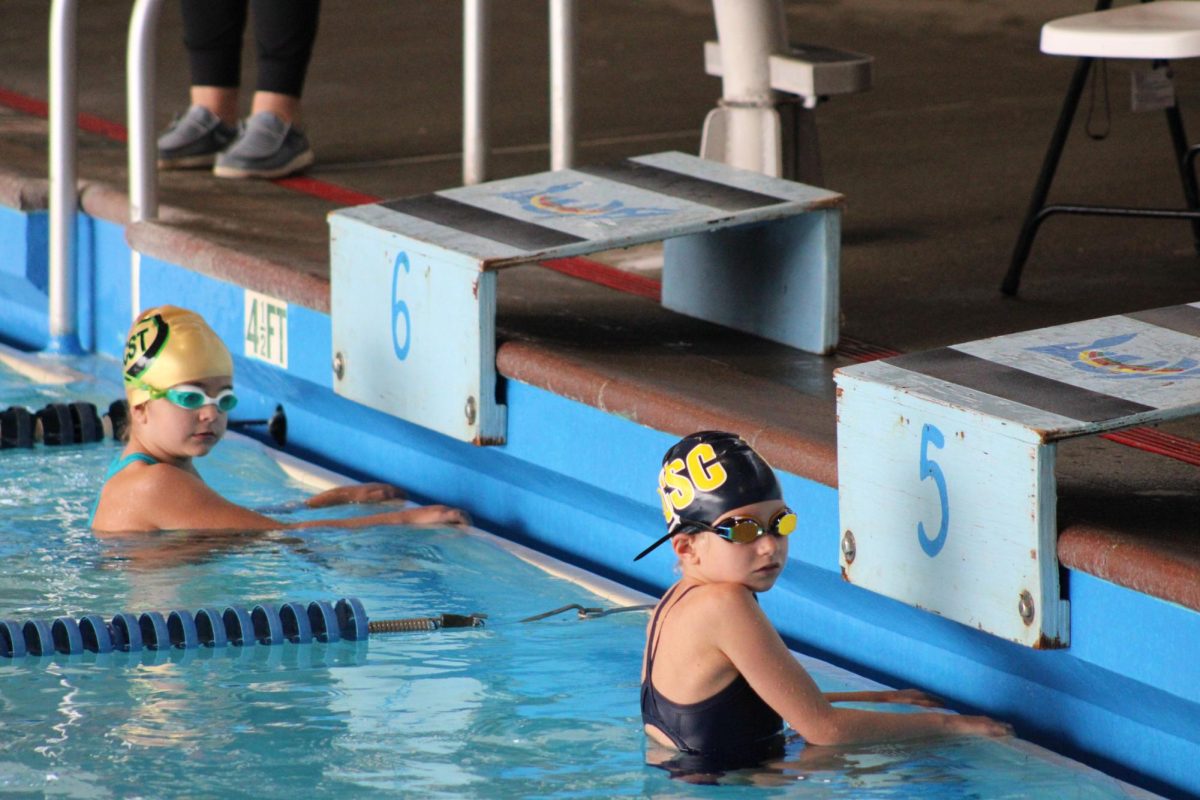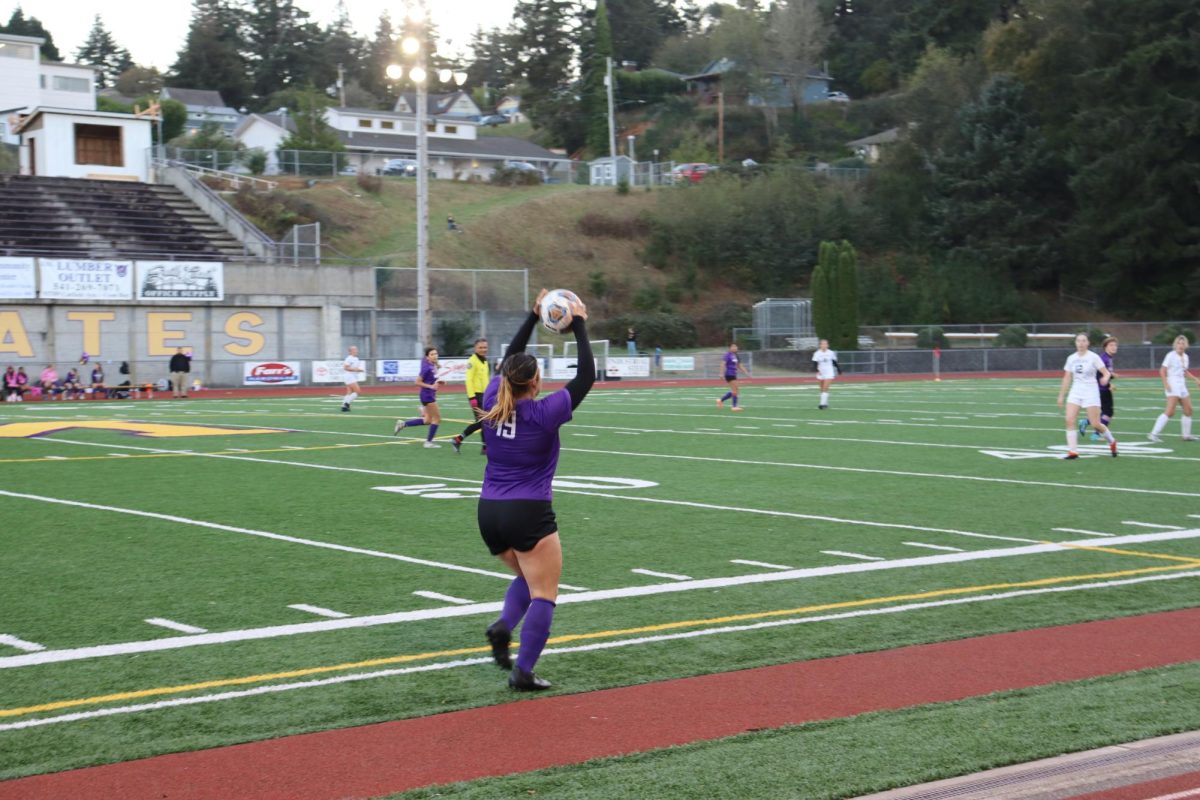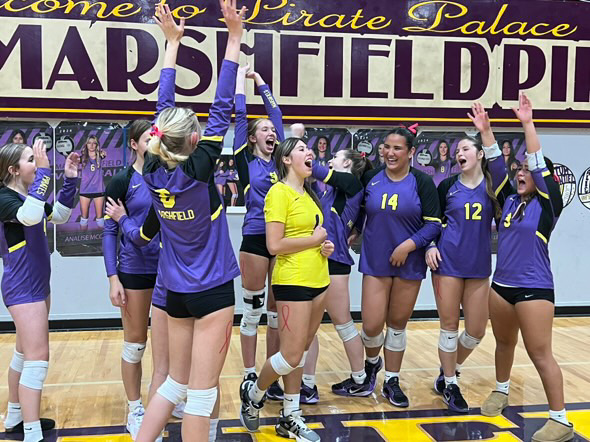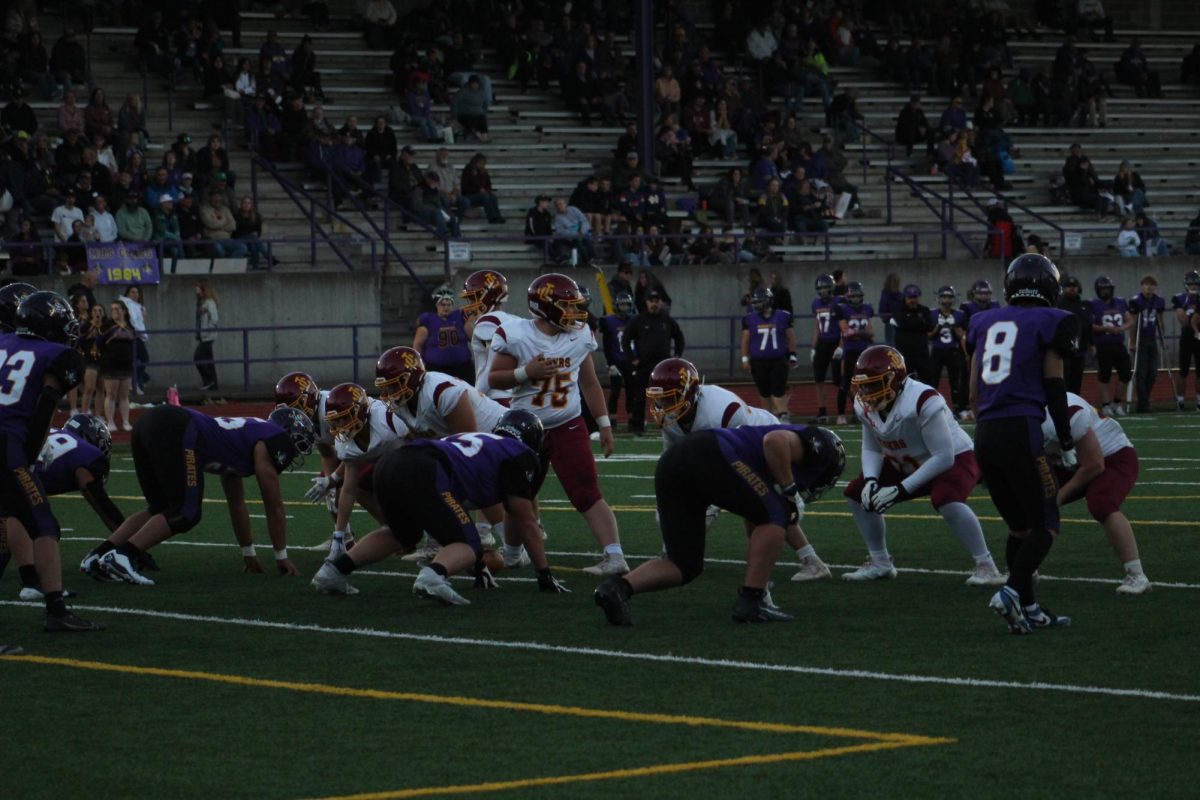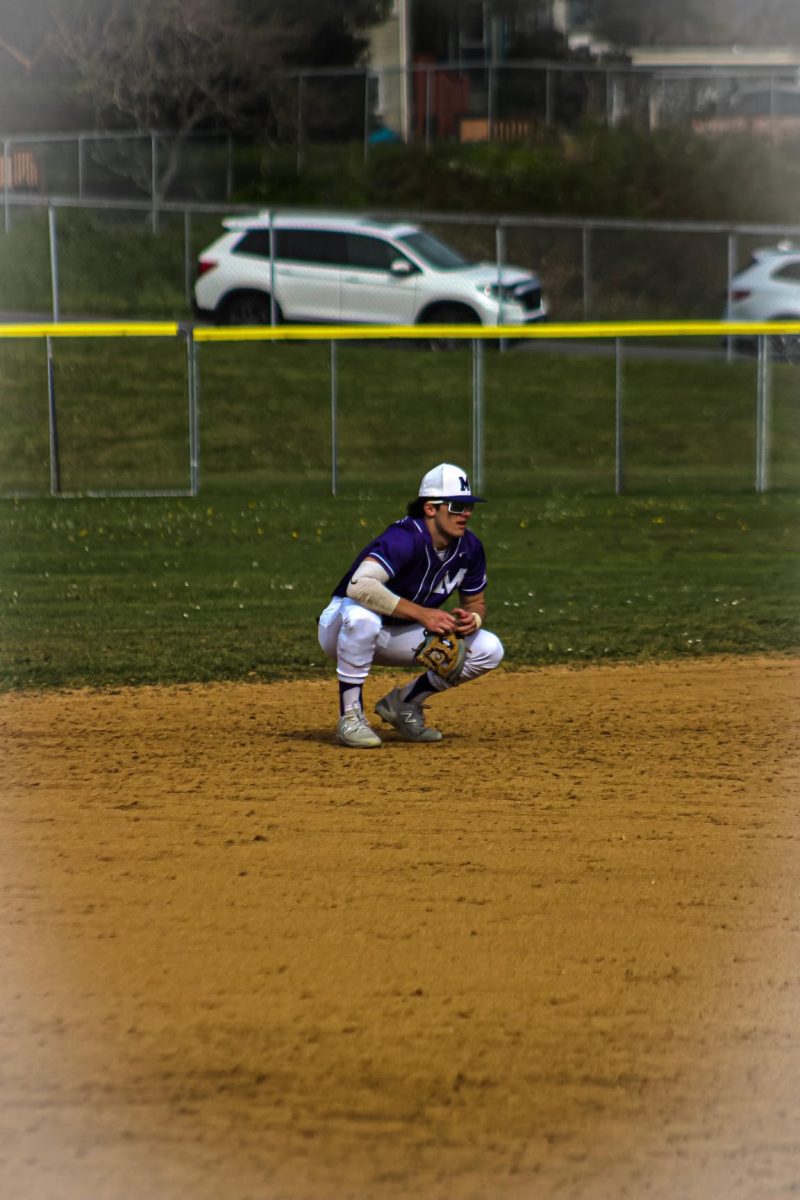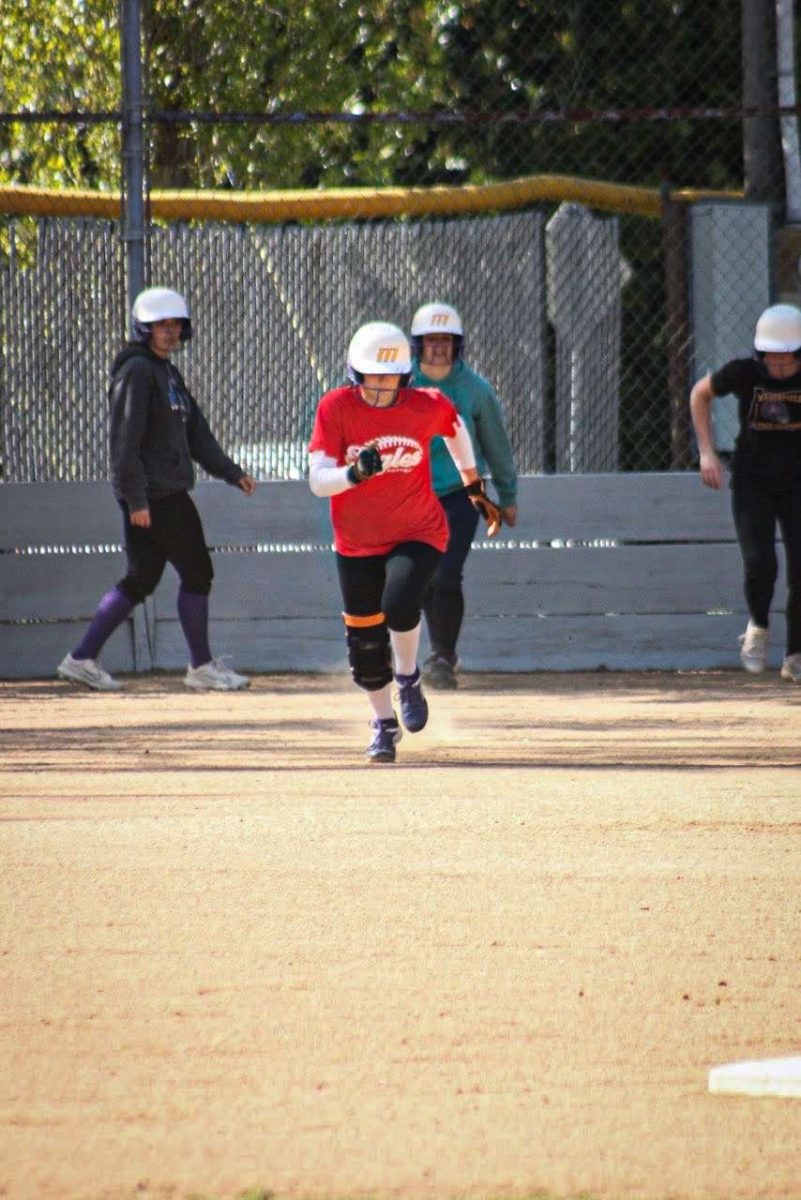Wrestling is often perceived as merely a physical sport; however, it demands an equal measure of mental strength and resilience. The sport requires athletes to cultivate a unique blend of endurance, agility, and physical power. Athletes must engage in rigorous training regimens, often pushing their bodies to their limits to build strength and stamina. This combination of fitness not only allows them to excel in competitions but also plays a pivotal role in injury prevention. Wrestlers must focus on conditioning their bodies to withstand the intense physical demands of the sport.
But beyond physicality, mental fortitude is crucial in wrestling, as participants must maintain focus and resilience throughout grueling matches or events. The mental landscape of a wrestler is as complex as their physical capabilities. The pressures faced, both from peers and the environment, can be overwhelming.
“I know personally as an individual there is immense pressure to cut weight, but it’s all self-inflicted,” shared freshman wrestler Dax Johnson. “You’re gonna have an eating disorder regardless.”
The fluctuations in weight caused by cutting and bulking not only damage physical health but can also lead to long-term consequences, including metabolic syndrome, which brings with it high blood pressure, elevated blood sugar levels, and obesity.
“Bulking is usually used to up your weight class, which I think can be a healthy and unhealthy thing at the same time, but sometimes people can’t take that much,” explained freshman wrestler Nick Long.
Striking a balance in weight management is critical for both performance and overall well-being. Wrestling is a multifaceted endeavor that demands extensive preparation on both mental and physical fronts. To excel in this sport, athletes are tasked with prioritizing various components of their training routine, such as engaging in consistent, high-quality workouts and maintaining a balanced, nutritious diet that fuels their bodies for intense sessions and competitions. Proper nutrition is more than just a dietary guideline; it forms the cornerstone of building strength, enhancing endurance, and promoting recovery—each of which is vital for a successful wrestling career.
Equally paramount in this journey is mental preparation, which goes hand-in-hand with physical training. Cultivating a positive and focused mindset can make a significant difference when it comes to competing against opponents in the ring. Wrestlers make a concerted effort to achieve a clear headspace, as this mental clarity allows them to effectively access the techniques, strategies, and skills they have meticulously honed under the guidance of their coaches.
Techniques such as visualization, meditation, and goal-setting can significantly enhance mental resilience, enabling athletes to approach their matches with confidence and composure, even in the face of adversity. Furthermore, the mental aspects of wrestling extend beyond each athlete. The relationships between coaches and teammates foster an environment of encouragement and support, where sharing insights and receiving constructive feedback becomes invaluable. This culture of teamwork not only strengthens bonds among wrestlers but also reinforces a strong mental attitude, encouraging athletes to learn from one another. The support network helps athletes thrive by fostering an atmosphere where improvement and growth are constant priorities, making the journey less isolated and more collaborative.
Thus, wrestling stands as a complex interplay of physical prowess, mental resolve, nutritional awareness, and the dynamics of teamwork. Wrestlers not only hone their athletic skills but also develop life skills such as discipline, focus, and resilience—qualities that extend far beyond the mat and into their everyday lives. By committing to a holistic approach, embracing both physical conditioning and mental preparation, wrestlers amplify their chances of success while simultaneously preparing themselves for the broader challenges of life.
The losing aspect of wrestling is considered one of the most challenging parts of the sport by many wrestlers. This sentiment is echoed by those who have experienced the emotional toll that defeat can take.
“The worst part about wrestling is the losing aspect because it lowers your self-esteem,” said freshman Spencer Hanson.
For athletes who dedicate countless hours to training and refining their skills, the impact of losing can be profound. It not only affects their confidence on the mat but can also carry over into other areas of their lives. Overcoming the disappointment of a loss is an essential part of a wrestler’s journey, but it can often be a difficult hurdle to clear.
Wrestling is not only a competitive sport but also an excellent way to learn essential self-defense skills for anyone who participates. Engaging in wrestling helps develop physical strength, agility, and endurance, all of which are crucial in self-defense situations. Participants learn to understand their bodies better and gain coordination, which can enhance their reflexes during unexpected encounters.
Moreover, wrestling teaches valuable techniques for grappling and controlling an opponent, effectively neutralizing threats without relying on striking. This aspect is particularly important as it allows individuals to defend themselves while minimizing the potential for serious injury to themselves or their adversaries.
Categories:
Wresting with the pressure to win
0
Tags:
Donate to The Marshfield Times
Your donation will support the student journalists of Marshfield High School. Your contribution will allow us to purchase equipment and cover our annual website hosting costs.
More to Discover
About the Contributor

Amelia Sternenberg, Copy Editor
Sophomore Amelia Sternenberg is going into her second year of being the Marshfield Times staff. She enjoys thrifting and playing volleyball outside of school. In her free time she enjoys shopping, and hanging out with friends and family. Her favorite pattern is leopard print and her beverage of choice is most drinks at Dutch Bros. When at school she is typically doing her work or talking with her friends. After high school she wants to go into culinary arts.


